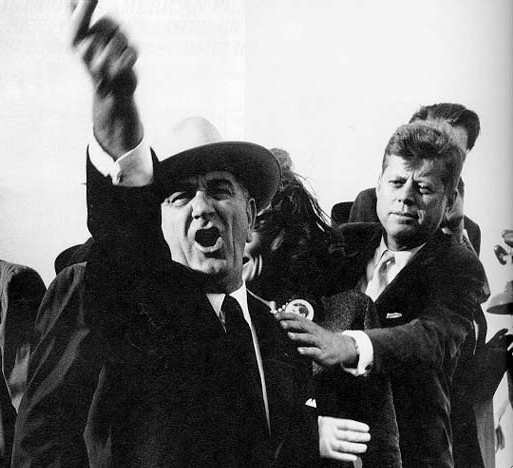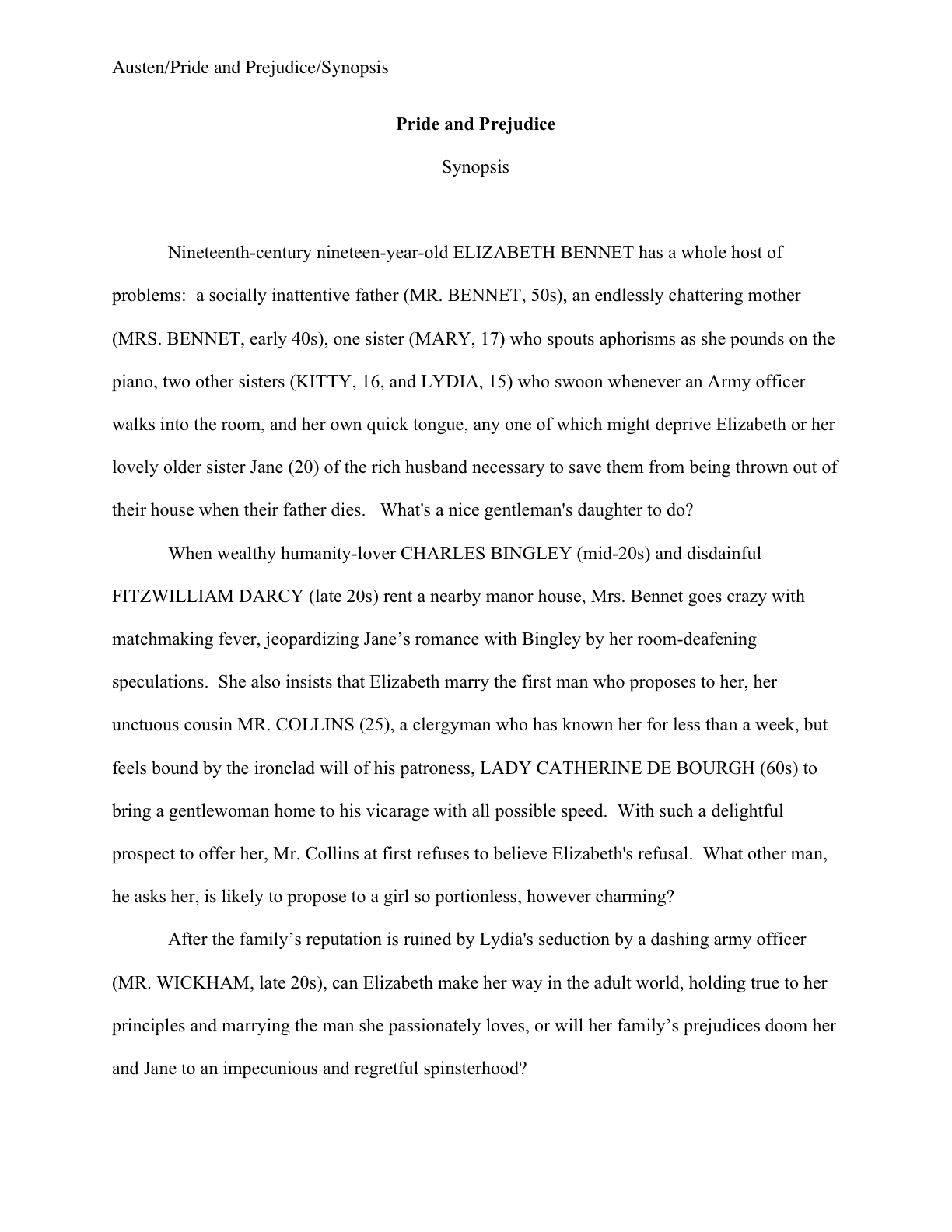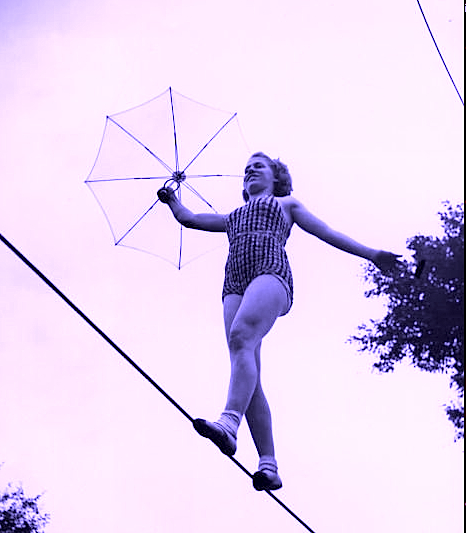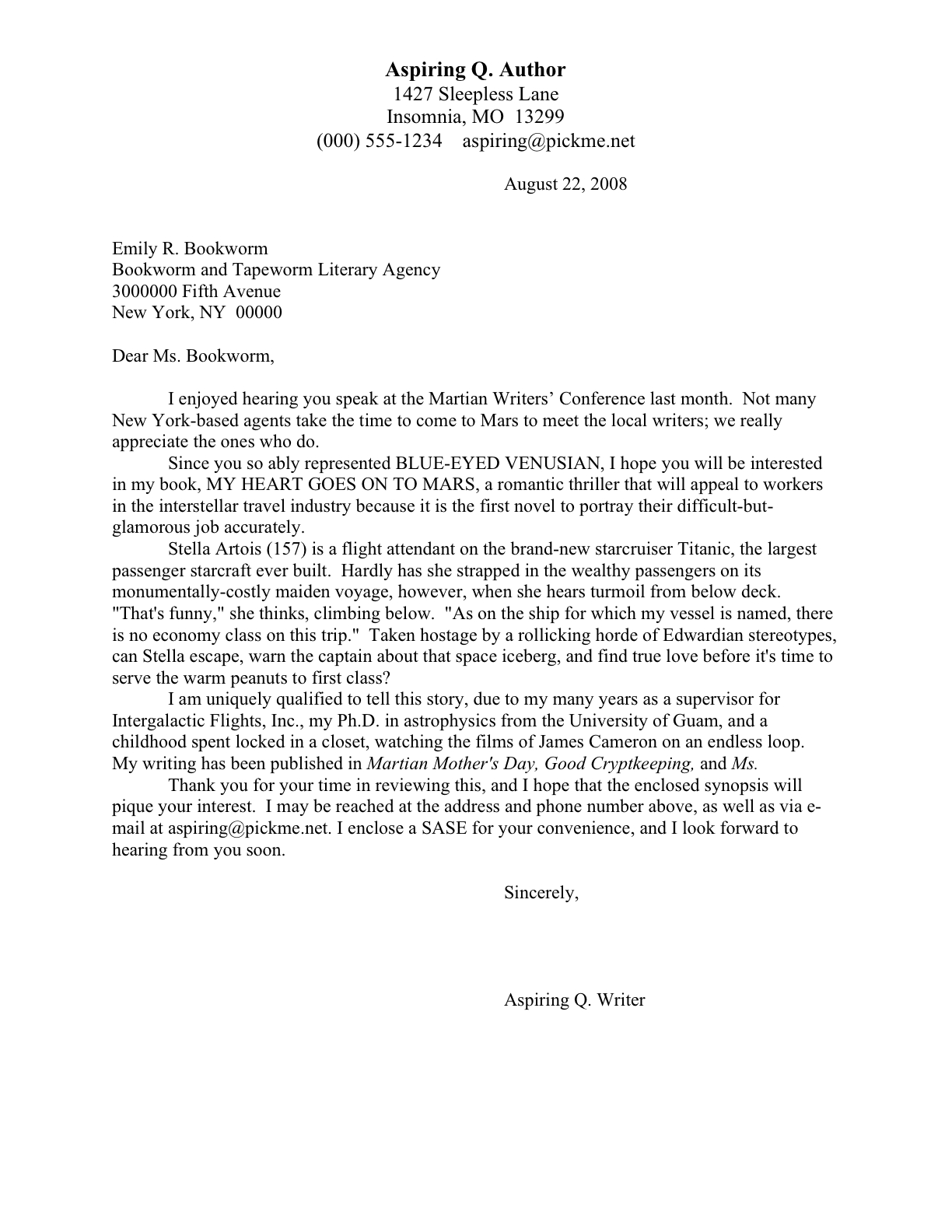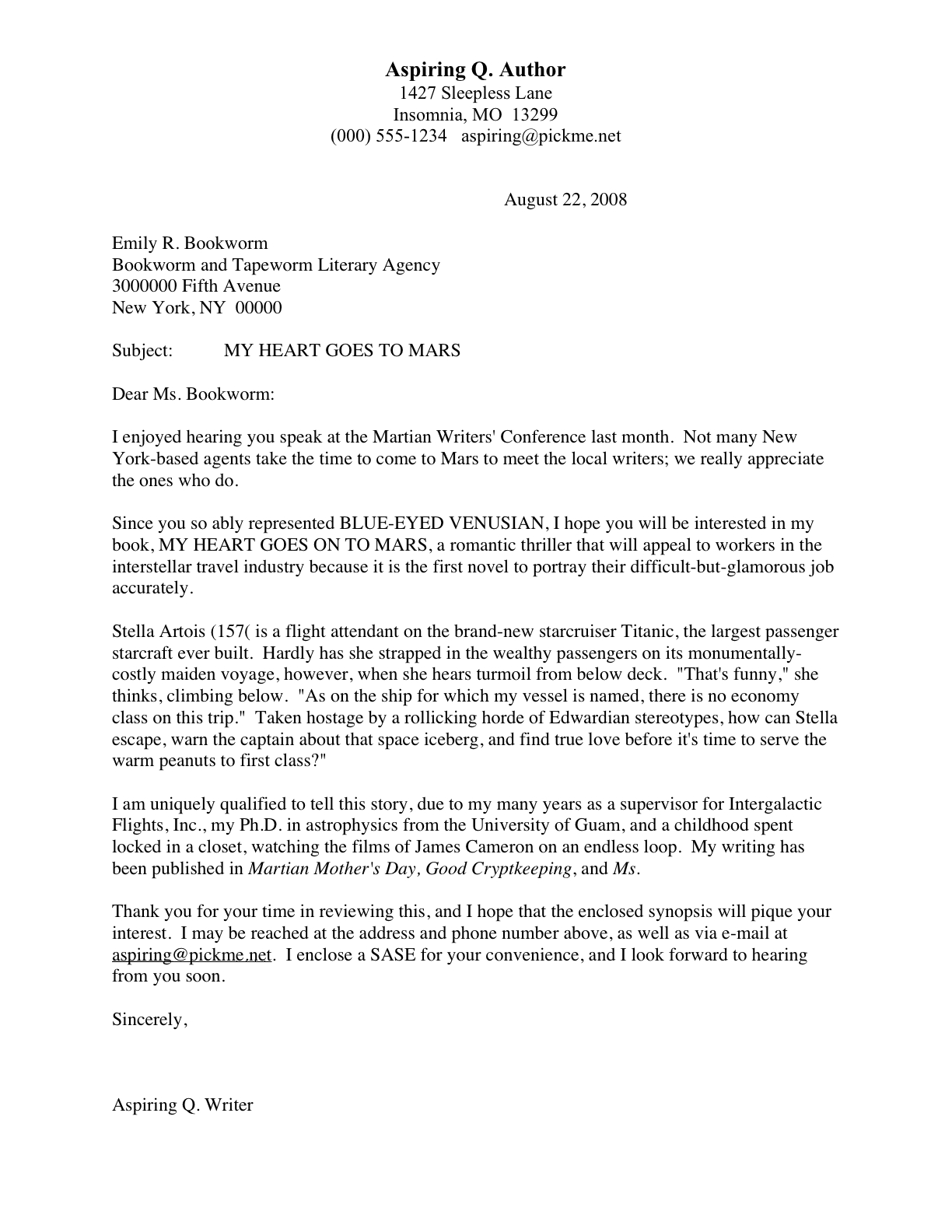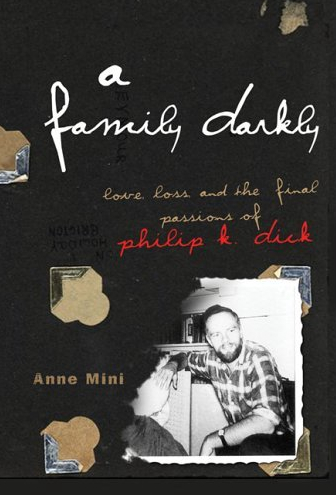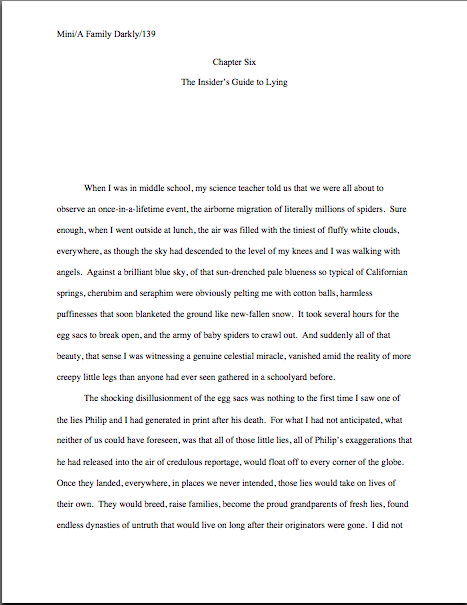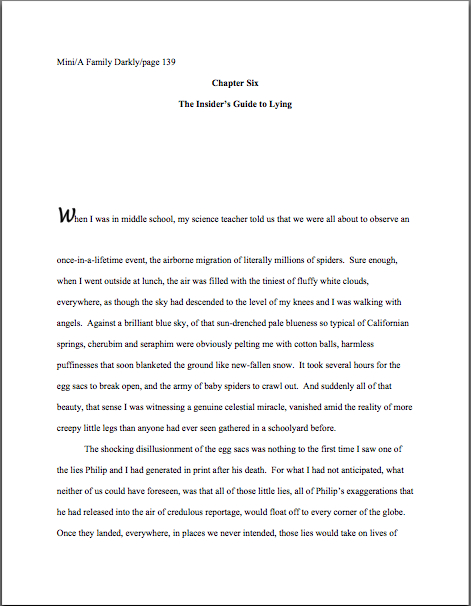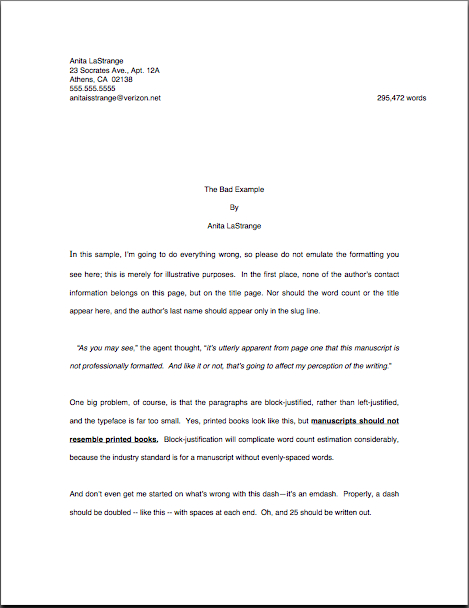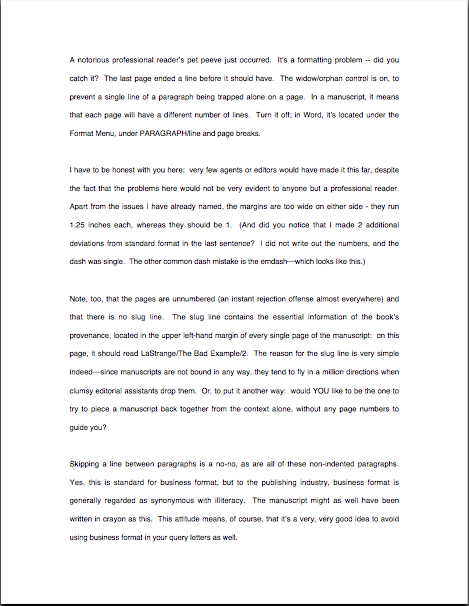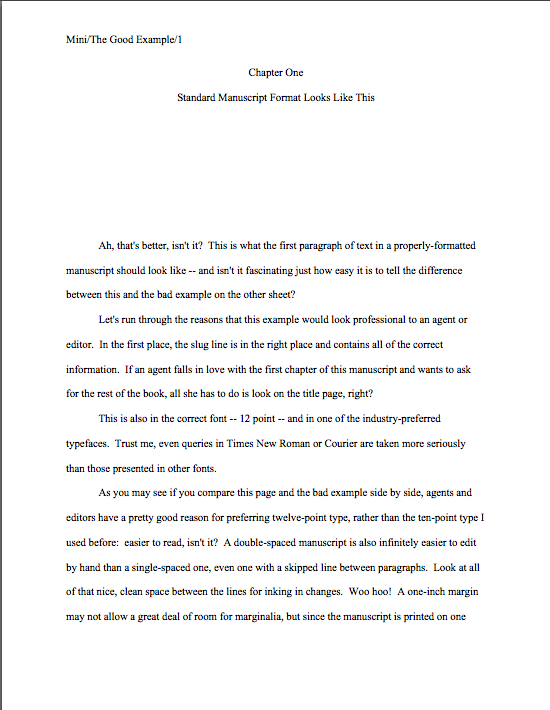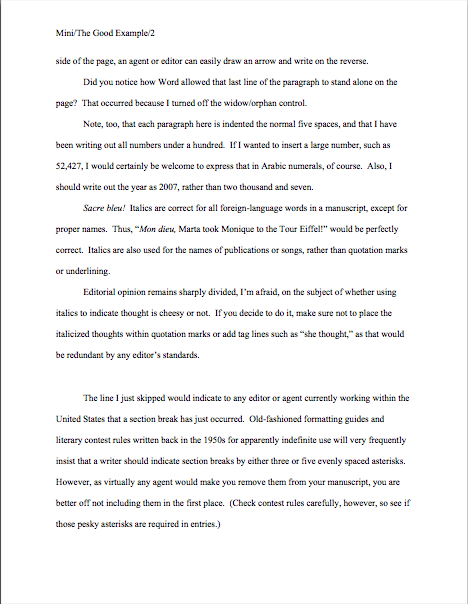
I must admit, whenever I revisit one of the big issues such as feedback (or querying, or submission, or pitching, or…), I experience a qualm or two. Intellectually, I know that it’s vital to keep coming back to the essential problems writers face, because let’s face it, readers who habitually go archive-diving are the exception, not the rule. For the folks who read only the new posts, it actually doesn’t matter if I wrote the definitive piece on, say, how to write an author bio six months ago: to help readers new and old keep improving their writerly skill sets, I’ve come to accept that I need to keep the major issues in constant rotation.
Still, whenever I unearth a topic from a year ago, I always think for at least a fleeting moment: oh, I don’t need to go over this again. Surely my readers know by now not to do X.
As in, for instance, not simply assuming that any acquaintance who asks to see some of one’s writing is volunteering to provide feedback. Realistically, I know perfectly well that even very experienced writers often fall into this trap, but yesterday, I couldn’t help but feel that my bringing it up again was, if not actually nagging, at least its next-door neighbor.
And then I realized this morning that I had fallen into that very logical fallacy within the last few weeks. Clearly, even I had forgotten my advice for a few minutes.
It all started innocently enough, as over-stepping situations often do. I’m currently polishing off (and up) my next novel, a comic romp set at Harvard in the mid-1980s. Considering how well-known the big H is, surprisingly little has been written about undergraduate life there — and virtually none of what’s out there was written by anyone who actually went there for more than a tour of the Yard, if you catch my drift. Since writers are notoriously shameless at trolling for material, I’ve been ruthlessly bugging a broad array of my former classmates to troll their memories for the book’s benefit.
Telling details help make a manuscript come alive, after all.
I was having a friendly e-mail exchange with someone who had been unusually patient about my desire to sit through her memory reels again and again, one of my dearest friends from college, when she mentioned that she was really looking forward to reading the book. Instantly, I snapped into writer-seeking-feedback mode, considerately (I thought) explaining to her that while I would be overjoyed to hear her critique of the manuscript, agreeing to give a writer feedback is a heavy responsibility. Since she is not a writer, I explained to her about nervous those of us who are get when our manuscripts are in the hands of others; if her feedback was going to be useful in revising the manuscript, I pointed out, I would need it within a certain specified period of time. I then went on to rejoice over precisely how and why her feedback would fill a necessary niche not yet occupied by any of my other first readers, thanking her sincerely for making her excellent counsel available to me and my book.
I terrified her, in short — and in such a typically writerly manner that it took me a while to realize what I had done.
Any guesses? After all, I had followed most of the suggestions I have made so far in this series. Given that I was both polite and clear about my expectations, what went awry in this exchange? Was it:
(a) that I told her what level of feedback I expected and how quickly I would want it, rather than asking her what kind of critique and turn-around time would be comfortable for her?
(b) that I explained my expectations in generalities first, rather than narrowing it down to a very specific area upon which I wanted her to concentrate?
(c) that I didn’t make her repeat her offer after I explained what giving feedback to a professional writer actually meant?
(d) that I didn’t decline with thanks, since she might have only said it in order to be polite (or to get me to stop asking to plumb her recollections of long ago), or
(e) that I told her that I expected feedback at all, rather than just letting her read the manuscript and hoping that she would intuit what I wanted?
I wish I could set a giant stopwatch in motion, as they did on the old Ellery Queen series, to give all of you time to ponder which is the real culprit. The problem of eliciting useful feedback is a serious one; eventually, every professional writer will need to face it, so I would love to play some thinking-time music whilst you muse. But short of just signing off for today and picking this quiz up again tomorrow — which would be pointless and confusing for those happy few who will be reading this in days and years to come in the archives — my hands are tied. As, indeed, the victims in Ellery Queen’s mysteries often were.
Okay, that’s enough distraction. Which did you pick?
If you selected (a), you’re a kind and considerate soul: you’re quite right that a solicitation for feedback should be a request, not a demand. However, I’m not ready to hand out pages to first readers yet, so this one is moot. (Like the excellent Ellery Queen, I sometimes hide information from my reader in order to produce the outcome I wish.)
If you chose (b), you’re a close reader, or at any rate a retentive one: this is the option that conforms to the advice I’ve given so far in this series. Again, though, this was my initial response to an offer to read, not the moments before I gave her the manuscript, so this critique is also a bit premature. (See my earlier comment about adopting the E. Queen strategy for creating false suspense by withholding necessary information.)
If you picked (c), well, you might be a just a trifle passive-aggressive. Or insecure, the type of writer who sends a follow-up query letter to an agent to whom he’s already pitched to see if the agent REALLY was serious about that request to send materials. Generally speaking, it’s not a very good idea to make people who want to do favors for you beg for the privilege of doing them.
If you opted for (d), well, at least you have no illusions for me to dispel.
If you jumped at (e), you might want to go back to the very beginning of this series and start again.
Are those impatient sighs I’m hearing an indicator that I’ve carried this quiz show a bit too far? “Oh, come on, Anne,” I hear some of you muttering. “Even Dashiell Hammett would have relieved the suspense by now.”
Okay, okay; you’ve worked hard enough. My mistake was that like virtually every writer who seeks feedback from non-writers, I leapt to the assumption that a request to read my manuscript was identical to an offer to give feedback.
It probably wasn’t. How do I know that? Because, from the point of view of someone who hasn’t spent a lot of time around working writers, a request to act as literary critic might actually seem rather presumptuous, not to say judgmental.
Hard as it may be for those of us who live to share our thoughts in writing to believe, people who don’t read for a living tend to do it for pleasure or to learn something, not to be of service to writers. Since the average reader may never have seen a manuscript before, s/he is unlikely to understand it as a work-in-progress; s/he generally expects something more or less identical to what s/he might find in any bookstore. So in asking to take a gander at a writer friend’s opus, s/he is expecting to receive, rather than to give.
And that’s a perfectly reasonable expectation, of course. However, it is an attitude substantially more likely to produce a vague, “Oh, I liked it,” than the reams of useful feedback for which a sensible writer longs.
What we have here, in other words, is a failure to communicate. And to ask the right questions going in about who is assuming what.
So far in this series, I have concentrated on finding the right people to read your manuscript, and for good reason: selecting the wrong first readers can bring tremendous chagrin into a writer’s life, in the form of everything from hyper-harping on insignificant punctuation issues to keeping it for a year without reading it to handing it back to you with no feedback at all to causing strain in a marriage. I suggested that most of these standard first reader problems could usually be avoided by simply not asking people who are not qualified to critique your book to read your manuscript.
Perhaps qualified is putting it a trifle strongly, but let’s face it, what we’re talking about here is tracking down the best non-professional feedback available for your work.
If you’re looking for professional feedback — as in from people who read for a living, such as agents, editors, freelance editors, and/or teachers — you usually either have to pay for it (I’ve gone over how to find a good pro under the HOW DO I FIND A FREELANCE EDITOR? category at right) or wait until a pro has signed you. Agents and editors at publishing houses seldom have time to give significant feedback to people to whose books they haven’t already committed, and both classes and freelance editing can cost serious money. So most aspiring writers, at least the ones professional-minded enough to be open to feedback, turn to the far less costly and more easily available readers at hand.
Which is to say: ones who are free.
Which means, inevitably, that the etiquette is a bit delicate. When one is asking a favor — as soliciting concrete critique from a first reader gratis definitely is; don’t kid yourself about that — one may not feel justified in saying, “Um, do you mind if I grill you a bit about your background before I hand this manuscript to you?”
Yet you should. There is, after all, a good deal more to providing useful feedback on a manuscript than simply saying what one did and did not like.
That comes as a surprise to many people — including many writers, many of whom automatically assume that being able to write well means being able to edit well. Far from it. The best feedback is both practical, suggesting how and why to make necessary changes, and market-savvy, taking into account both the reader’s personal opinion and the tastes of the target audience.
Do I hear some of you out there harrumphing? “Yeah, right,” go the almost-audible grumbles, “she’s a professional writer and editor with a Ph.D. and masses of writer friends. She probably doesn’t think ANYONE is qualified to read a book.”
Actually, depending on your genre or field, a highly-educated person can be the WORST first reader imaginable: most attorneys, for instance, are trained specifically to regard anything but brevity as undesirable, and academics to insist that every assertion be backed up with footnotes full of evidence. Neither predisposition would be particularly desirable for, say, a mystery.
Nor would a scientist necessarily be the best first reader for a science fiction piece; she might raise all kinds of practical objections to how things work on your imaginary world. (You know, the one where both time and gravity run backwards occasionally.)
And the last person able to give objective feedback on a memoir is someone who lived through the events described in it. That person might, like my college buddy, have an uncanny ability to point out factual errors and forgotten details, but by definition, every participant in a real-life event will have her own interpretation of it.
Just ask the relatives of any successful memoirist.
Ultimately, the best qualification for knowing whether a book will appeal to an audience is being either a member of that particular audience or very familiar with what that audience likes to read. If you were writing for fifth graders, your ideal first readers would be a classroom full of kids, not a symposium of philosophy professors. Or even, necessarily, a conference room full of child psychologists.
If you’re looking to sell a book to a fish, in short, you might want to learn a bit about what life looks like from inside a fishbowl — and solicit feedback accordingly. As Marshall McLuhan was fond of saying, the answers are always inside the problem, not outside.
However, astoundingly few aspiring writers actively seek members of their target audiences as first readers for their manuscripts. Heck, I’m constantly meeting disgruntled members of writing groups to whom even the question, “Well, if you’re not getting useful feedback from your critique group, have you given any thought to whether you would expect those readers to BUY your book, if they didn’t know you?” comes as a surprise.
Which I’m guessing it did for some of you. So allow me to ask the next question I invariably pose to unhappy feedback-seekers: if you’re not looking for first readers amongst your target audience, why not?
In my informal polling on the subject, the most common answer is that it’s just easier to ask people the writer already knows — and it turns out that writers aren’t always any more aware of what their friends do or do not read than anyone else. Not that there’s usually outright deception involved; sometimes, it’s just a matter of a friend’s trying to seem more literate to a literate-minded buddy.
Hey, people don’t always give pollsters straight answers, either: they often say what they think will make them sound better. Back in the early Neolithic period, when the Nielsen ratings statistics were compiled by families’ keeping a written record of which television shows they watched, PBS got suspiciously high ratings compared to, say, Network Battle of the Ts and As. (If you don’t know what T and A stand for, thank your lucky stars that you weren’t watching American television in the 1970s.)
When the honor system was replaced by electronic monitoring, Masterpiece Theatre turned out to be significantly less popular than previously reported.
I assure you, that shift wasn’t because the level of intellectual debate on Network Battle of the Ts and As became any more scintillating. But I digress.
When I ask writers how they pick their first readers, the second most common answer — brace yourselves — is the sheepish (and often astonished, because the responder hadn’t previously realized it himself) admission that the writer has simply been handing the book to anyone who said, “Gee, I’d love to read it.”
In other words, most of the writers I ask seem not to be using any selection criteria at all.
No wonder so many writers have negative experiences with feedback: they’re essentially leaving selection of those vital first readers as much up to chance as if they cut up their local telephone directories, tossed the shards into a hat (a big one, like Abraham Lincoln wore), pulled out a slip of paper randomly, and shouted: “You! You’re my first reader!”
You’ll pardon me if I collapse briefly on the nearest chaise longue: as a professional reader, the very idea makes me feel a bit woozy.
Why? Well, let me put it this way: if you wanted to find the best escargot in town as an anniversary surprise for your spouse, you wouldn’t simply open the Yellow Pages randomly at the restaurants section and allow the fickle finger of fate to decide, hoping that the restaurant blindly chosen won’t turn out to serve Icelandic or Korean food instead of French, would you?
Sacre bleu, non! You would ask someone you are sure knows a thing or two about garlicky snails before investing in a potentially expensive evening at an unknown restaurant. I can’t think of a single reason to treat your manuscript with less respect, can you?
Intriguing question, isn’t it? Your time to consider it starts…NOW!
Next time, I shall go through a few more tips on selecting productive first readers, and begin to discuss how to frame your request for feedback in ways that will encourage useful commentary. In the meantime, I’m going to go and apologize to my friend for overwhelming her with my unwarranted assumptions.
Keep up the good work!






